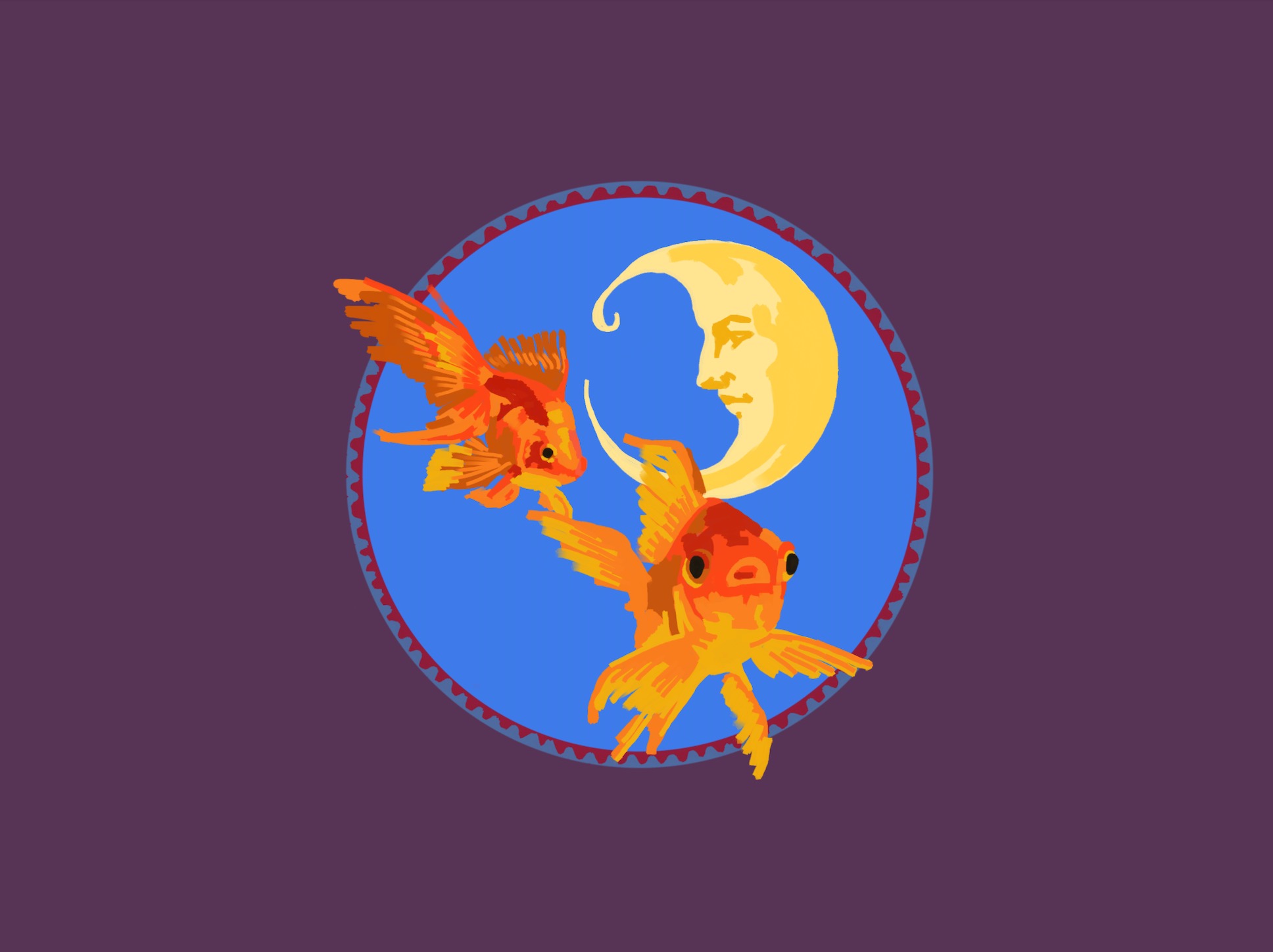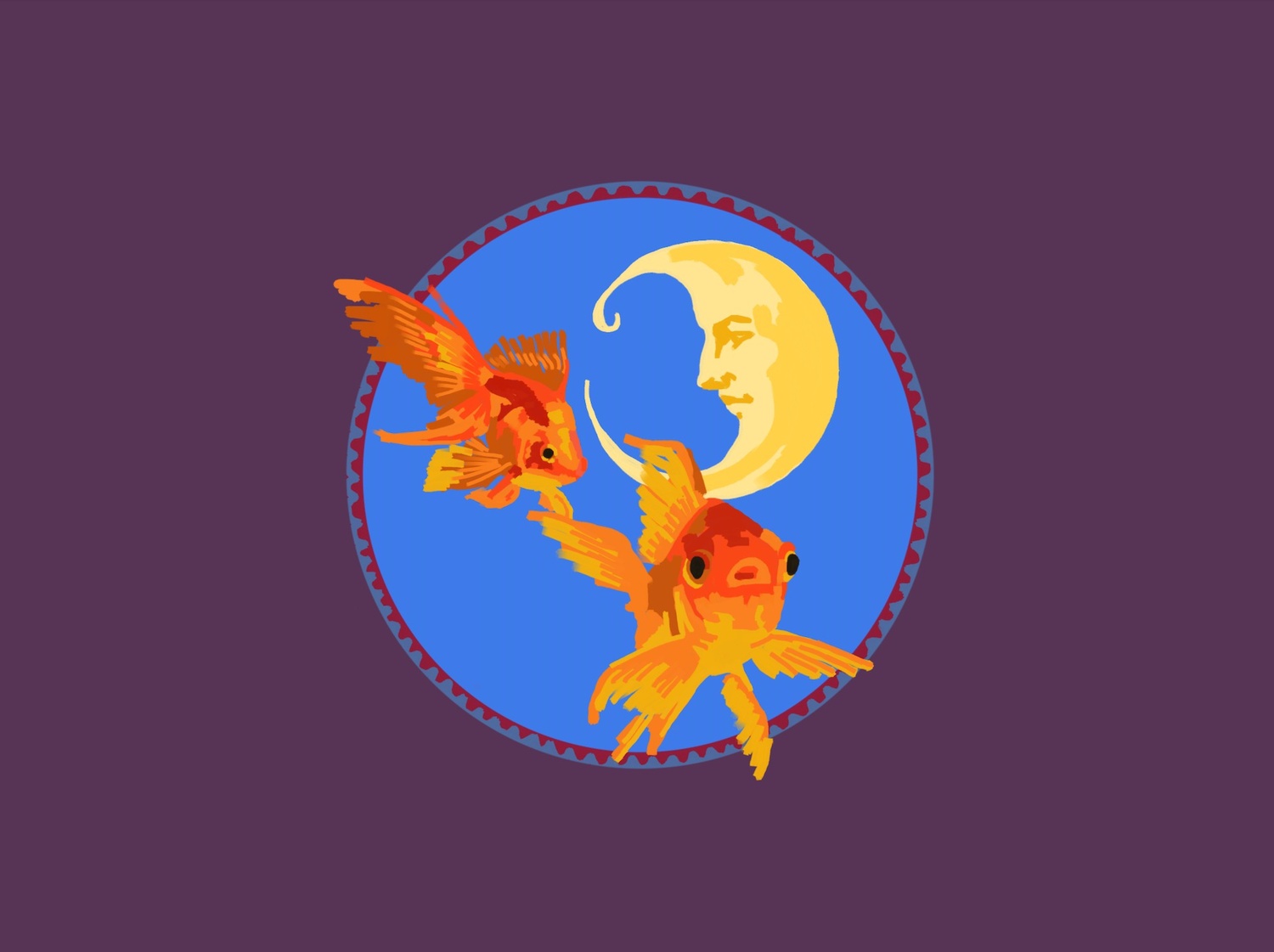
News
Summers Will Not Finish Semester of Teaching as Harvard Investigates Epstein Ties

News
Harvard College Students Report Favoring Divestment from Israel in HUA Survey

News
‘He Should Resign’: Harvard Undergrads Take Hard Line Against Summers Over Epstein Scandal

News
Harvard To Launch New Investigation Into Epstein’s Ties to Summers, Other University Affiliates

News
Harvard Students To Vote on Divestment From Israel in Inaugural HUA Election Survey
In Italy / Mary & Joanna

In Italy I learn things that I did not learn
In early spring I see six unfinished statues lined up
along a hall, carved apostles for an aging priest.
What is it to be the artist and die
before your patron ever could, your last days littered
with drops of plaster kissing your face, to die before
they could scoop out the crisp green olives from the chalices,
splay them across your victory? As the apostle, you stare piously
at your viewer and renounce love. As religion, you keep your gates
shut tight. In death you view life as a series of small deaths:
aggregate, confusing. Gold dots the frame of your vision, you can’t
tell if you’re falling up or down, a snake that you painted
bites you in a place where you do not want to be bitten.
Hodge-podged animals direct you to heaven & hell
as a group of phone-less, new people look on.
Mary & Joanna
Girls in primary smock dresses with piping stoop
over frogs at a man-made pond. One is obedient, reticent — the other
flirts with fate. They both know one of them will suffer
& yearn for it. Suffering can pool, do you remember,
walled up inside a stone head, pushing
against its cold, grainy container. I write & my children
stand behind me, face the opposite direction, tend
to one lamb each. They catch innocence like butterflies
and devein every wing. One will grow
strong, kind, and the other, despite my bestest
efforts, will turn mean. I want to bite a fox leg, just to feel
the give of the meat around the bone. I want to catch a fish
with my bare hands & then let it go. Do I write it as though
it is something to be understood?
—In their column “Yard Sale Organs,” Dylan R. Ragas ’26 creates poems that attempt to make sense of a past — real, imagined, but mostly somewhere in between. They can be reached at dylan.ragas@thecrimson.com.
Want to keep up with breaking news? Subscribe to our email newsletter.

